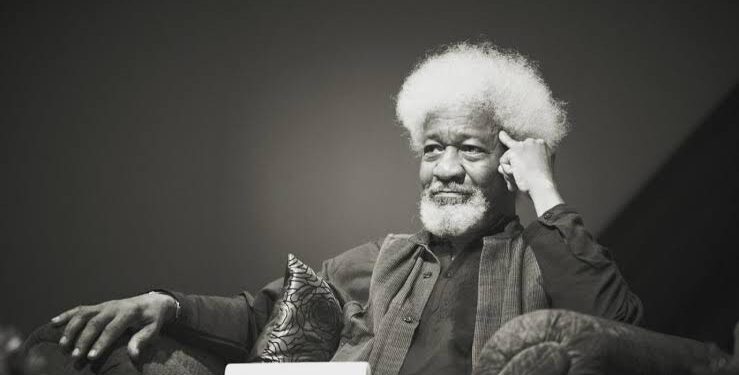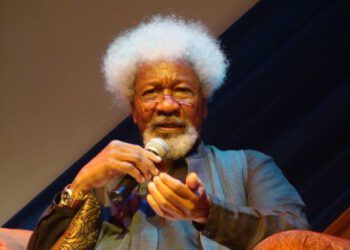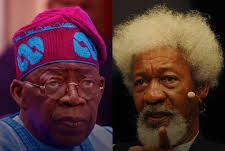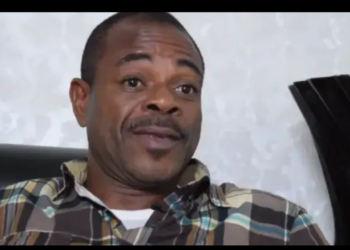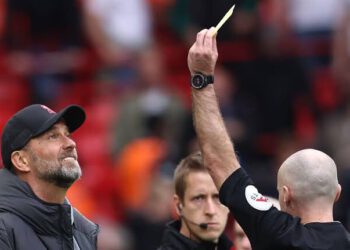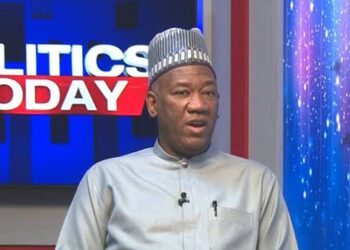Nobel Laureate, Prof. Wole Soyinka, has strongly criticized the National Broadcasting Commission (NBC) for banning rapper Eedris Abdulkareem’s protest song, “Tell Your Papa,” calling the action a backward step into the dark days of censorship in Nigeria.
The controversial song, which directly urges Seyi Tinubu to tell his father—President Bola Ahmed Tinubu—that Nigerians are suffering under his administration’s economic policies, was blacklisted by the NBC on Wednesday, April 9, 2025, with a directive to all broadcast stations to stop airing it.
But Soyinka, in a statement released on April 13, condemned the move as “petulant irrationality” and a blatant abuse of freedom of expression.
“The ban is a boost to the artist’s nest egg, thanks to free governmental promotion. Mr. Abdulkareem must be currently warbling his merry way all the way to the bank. I envy him,” Soyinka quipped.
He warned that any government intolerant of dissent and only receptive to praise-singers is on a dangerous descent into authoritarianism.
“Any government that is tolerant only of yes-men and women, which accommodates only praise-singers and dancers to the official beat, has already commenced a downhill slide into the abyss,” he stated, calling for an immediate reversal of the ban.
Backing Soyinka’s position, Auwal Musa Rafsanjani, Executive Director of the Civil Society Legislative Advocacy Centre (CISLAC), also slammed the NBC, describing the ban as an infringement on free speech.
Speaking to THISDAY, Rafsanjani said the song simply reflects the realities faced by everyday Nigerians and likened Abdulkareem’s lyrics to the timeless activism of Afrobeat legend Fela Kuti.
“What has Abdulkareem said that is remarkably different from what Fela said in the past? The misgovernance, corruption, insecurity, and human rights abuses that Fela sang about are still happening today—perhaps even worse,” he argued.
Rafsanjani added that the NBC’s action has only amplified the song’s reach, with more Nigerians now tuning in to listen out of curiosity and resonance.
“There is nothing in the song that violates the Nigerian Constitution. It neither promotes violence nor endangers peace and security. The only threat it poses is to the comfort of those in power who refuse to hear the truth,” he concluded.
Both Soyinka and Rafsanjani are now calling on the NBC to reconsider its decision and respect the constitutional right of Nigerians to express themselves—even through music.


